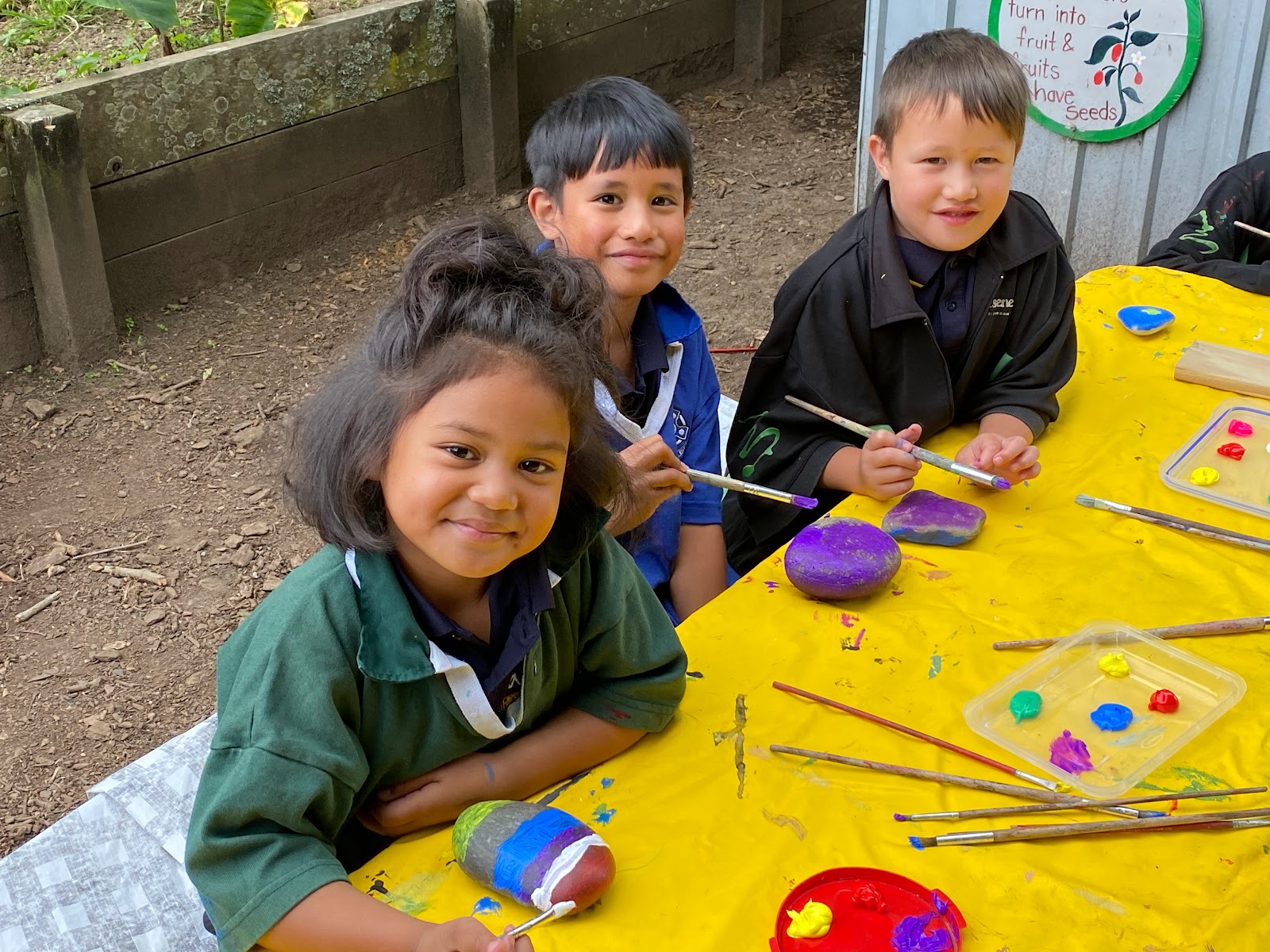Monday, November 27, 2023
Our Happy Place
Friday, September 29, 2023
Was my hypothesis correct?
Was my hypothesis correct?
My hypothesis is that progress plateaus as students make sense of and consolidate new learning. It's almost as if they are close to cognitive overload.
Mid-year running record data showed that my target students' progress had plateaued even though they in class were using and showing an understanding of new learning. Also, my class was excited about their learning, engaged, and working hard. I predicted that this plateau in running record data was due to the consolidation of skills and knowledge and that they were making sense of this information.
And sure enough.... their new running record data a term later, shows that progress has definitely spiked with many now reading at or above the expected level. A massive accomplishment as they have now made 3 years of progress in just 2 years. This is what we call accelerative progress.
Of course, there are exceptions, the data highlights these exceptions and lets me analyze the possible factors influencing these student's achievement.
Two students have 20% attendance which means that retaining learning is challenging.
Two students have high learning needs, It is equally exciting to see these students progress at their own rate and celebrate huge achievements as they happen.
For a couple of students, progress isn't quite as fast as the majority. What is going on for these students? What can I do differently to help them with their learning... These students will receive extra support from me so that I can hone in on what works and what doesn't for them.
Wednesday, August 16, 2023
The Learner First PLD
My inquiry this year is into changing the way I teach maths to accelerate students' achievement and grow my own knowledge, skill, and love for maths.
My school's decision to engage in The Learner First PLD this year was perfect timing and just the inspiration I was looking for.
Over the last few years, my team has discussed our uncertainty about how to successfully cover the wide mathematics curriculum and how is it best taught. With so much to cover, it has always felt that coverage seemed almost impossible.
Added to this was a lack of confidence in my own mathematical knowledge which stretches back to my own school experiences.
TLF showed us how to use the NZ Maths unit planner to create coverage across the year and then add rapid routines and rich learning tasks to it to flesh it out. The introduction of Rapid Routines made me see how fun maths could be and put me in the shoes of the learner.
What a transformation!
I'm loving maths and love teaching it! Even more important is that my students are also now loving maths!
I'm not sure what it is that has brought about this shift...
Is it that maths is now super fun?
Is it that I can now stop stressing about covering the breadth of the curriculum?
Is it because I'm growing my own understanding along with my students?
I actually think it's all three.
I'm seeing a massive acceleration, especially in student's number knowledge. I'm seeing excited faces and total engagement. What a win!
Friday, June 23, 2023
Tracking the progress of my students; When will I see progress spike?
I'm interested in what happens to progress as students acquire new skills and knowledge.
As mid-year reporting takes place I am fascinated by those students that attend school regularly, are busy acquiring so many new skills, and gaining new knowledge on a daily basis but are yet to show progress through assessments such as running records or JAM maths assessment.
My hypothesis is that progress plateaus as they make sense of and consolidate this new learning. It's almost as if they are close to cognitive overload.
The dose and density of learning that they experience in my class this year is intense however, seeing that they are loving it and they have an understanding of the learning progress I don't want the foot to be taken off the accelerator.
I predict that once this new learning is consolidated then I will see a peak in progress by the end of the year.
- My students have a great understanding of the learning process; that learning is uncomfortable and that success comes through practice. They talk about this process on a daily basis and reflect on which part of the learning process they are currently at.
- I also ensure that learning is kept fun with as much as possible coming from the student's own wonderings and areas of interest. There is obvious engagement happening.
- It can be frustrating at times as a teacher, to see students taking onboard new learning during class and then not demonstrating it when it comes to an assessment task.
- Students that don't attend school regularly are showing little progress in class as well as through assessment tasks, compared to those students that are not yet transferring learning to assessment tasks but can demonstrate it with support during class.
I'm reflecting that they need scaffolding, multiple exposures of the skill being modeled, then multiple opportunities to practice with scaffolds and supports being reduced. This will then lead to being able to use the skill independently, and then finally being able to transfer it to new situations.
Do many of our assessment tasks expect students to be extended abstract thinkers, transferring the skill to a new situation? Students would therefore have to have worked through the entire learning process for this to happen. When it does is when I think we will see that assessment data spike.
Tuesday, April 18, 2023
Cuisenaire Rods
Wednesday, March 8, 2023
Our Happy Place
Here is the Green Team creating sunbathing rocks for the butterflies in our pollination garden. There is nothing more beautiful than our ch...



.png)

